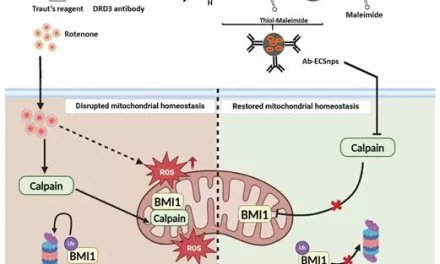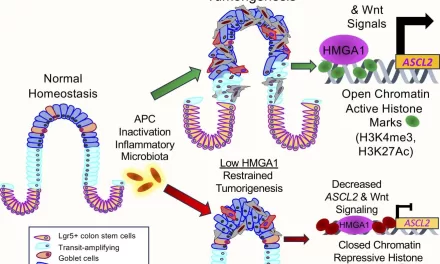A recent study based on data from the Centers for Disease Control and Prevention’s National Health and Nutrition Examination Survey has revealed a concerning association between dietary sugar intake and depression. Led by Lu Zhang from Shandong University of Traditional Chinese Medicine in Jinan, China, the study, published online on February 8, 2024, in BMC Psychiatry, analyzed information from 18,400 participants surveyed between 2011 and 2018.
Methodology and Findings
During the survey, participants provided data on their daily sugar intake, encompassing all foods and beverages consumed in the previous 24 hours, as well as their depression levels, assessed using the Patient Health Questionnaire-9 items (PHQ-9). Covariate information on age, sex, and health history was also collected.
Initial analysis using a crude statistical model revealed a positive correlation between dietary sugar intake and depression, with an odds ratio (OR) of 1.17 (P < .001). After adjusting for covariates, researchers observed that for every 100 g/d increase in sugar intake, the incidence of depression rose by 28% (OR, 1.28; P < .001). Furthermore, participants with the highest daily sugar consumption faced a 33% greater risk of depression compared to those with the lowest intake.
Possible Mechanisms
While the precise mechanisms remain unclear, researchers speculate that a high-sugar diet could disrupt gut microbiota, potentially contributing to depression.
Implications
The findings underscore the importance of dietary habits in mental health. The study authors advocate for government guidelines promoting healthy lifestyles, which could lead to improved eating habits, reduced sugar intake, and better overall mental health, thereby aiding in depression prevention.
Limitations
Despite its significant findings, the study has limitations. It cannot establish causality, and the use of PHQ-9 may not be sufficient for diagnosing clinical depression. Additionally, the survey could not determine whether depression influenced food choices or vice versa.
Disclosures
Funding for the study was provided by the Shandong Province Traditional Chinese Medicine Science and Technology Project, with no reported disclosures.
The study’s revelations highlight the importance of dietary considerations in mental well-being, urging individuals to be mindful of their sugar intake for the sake of their mental health.












